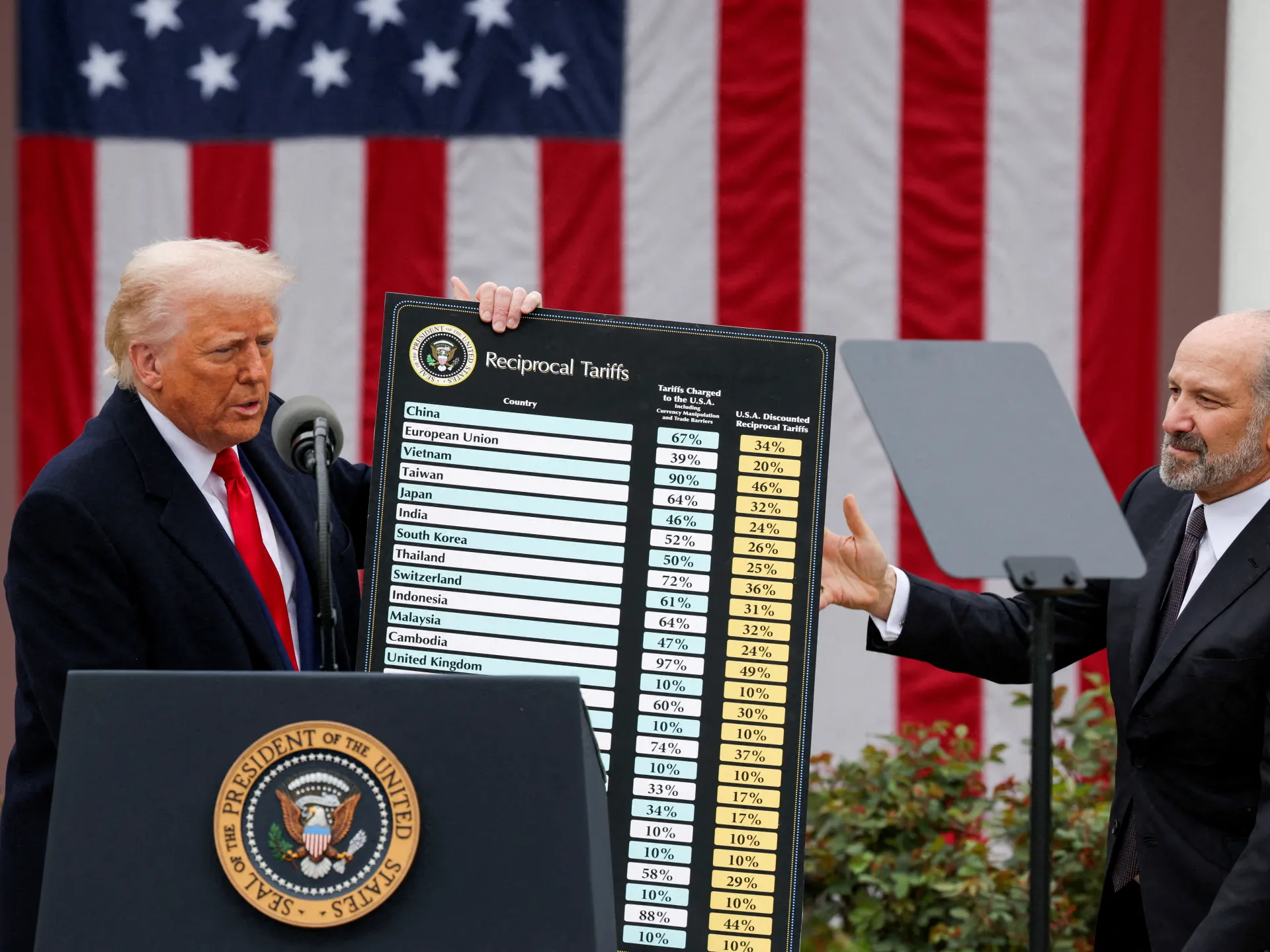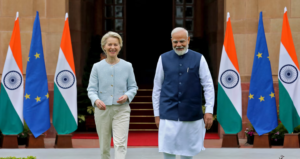Key Impact Points:
- Business advocacy and investment can catalyze stronger renewable energy policies.
- Renewable energy sourcing in 77 countries helps Unilever reach 92% renewable electricity use.
- COP28 goal of tripling global renewable capacity by 2030 hinges on collaborative business-government strategies.
Powering Change Through Business Advocacy
“Governments are competing for business investment and intention,” says Thomas Lingard, Unilever’s Global Head of Sustainability, Environment. At COP28, over 100 countries committed to tripling renewable capacity by 2030. Lingard emphasizes that business action can set the pace for policy, encouraging national commitments to renewables.
Investing in Innovation and Policy Reform
Businesses are well-positioned to pilot renewable initiatives, sending clear signals to governments about the demand for sustainable frameworks. According to Lingard, businesses can drive change by “innovating, investing in research and development,” and signaling a “serious direction of travel away from the old order,” thus encouraging ambitious regulatory support.
Overcoming Regulatory Barriers
Renewable energy sourcing isn’t always straightforward due to regulatory limitations in certain countries. Lingard points out that “in some countries, it’s not a supply problem, it’s a regulatory one.” Unilever has invested in self-generation projects and power purchase agreements, including a 45-megawatt solar agreement in India launched in October 2024, to meet its energy needs and push for a decarbonized grid.
Renewables as a Growth Driver
For many corporates, the availability of renewable energy influences investment decisions. “Companies like Unilever…have their own targets” and seek to grow in renewable-friendly countries, Lingard notes. This demand pressures governments to create renewable-friendly policies to attract corporate investment.
Aligning Goals with Policy Support
Lingard highlights the need for businesses and governments to align renewable targets with tangible policies to overcome national obstacles. He stresses, “A target is one thing, but you need a plan to deliver it.” By addressing specific barriers through policy reform, countries can provide clear pathways to achieve these ambitious renewable goals.
Conclusion: Businesses’ Role in Tripling Renewables
For the global tripling goal, Lingard calls on companies to leverage their influence where it counts. By partnering with governments and advocating through initiatives like RE100, businesses can significantly impact the renewable landscape. “If you can advocate…then you must take those opportunities to advance a more optimistic future,” he concludes.

 Follow SDG News on LinkedIn
Follow SDG News on LinkedIn











